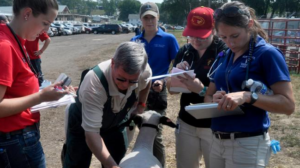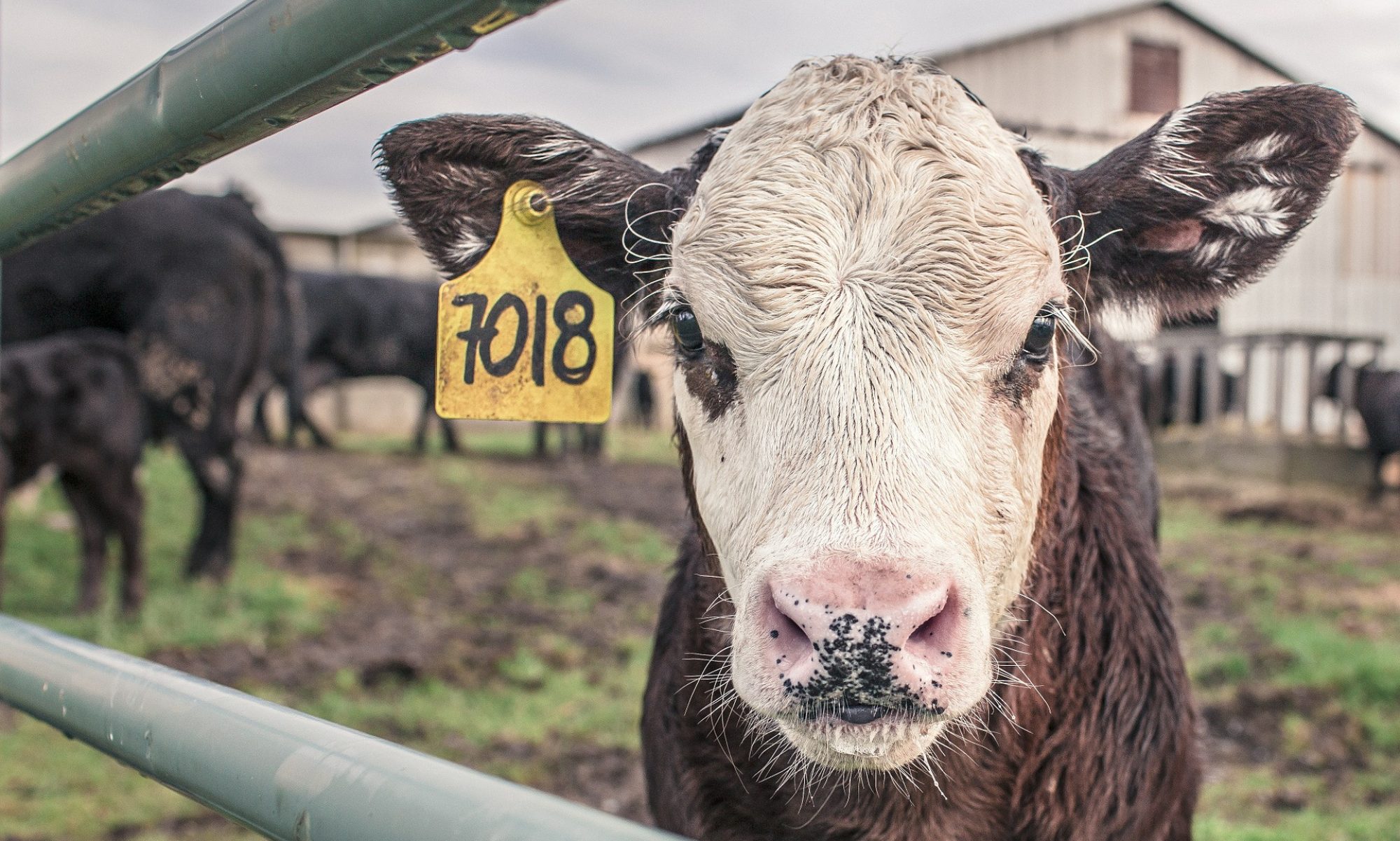
Graduate Student Extracurricular Activities
AVMA Animal Welfare Assessment Contest
Aims to teach students how to assess animal welfare in varying settings across myriad species using science-based methods.
More Info
Graduate Student Courses
Iowa State University
College of Veterinary Medicine
Behavior of Domestic Animals
BMS 403. Behavior of Domestic Animals. Cr. 1. F., half semester. (Prereq: Classification in veterinary medicine. Elective Course for VM1, VM2, and VM3 students.)
Normal and abnormal behavior of domestic animals.
Animal Welfare Judging and Assessment
VDPAM 365. Animal Welfare Judging and Assessment. Cr. 1. Repeatable. F.SS. Elective Course for graduate students.
Preparation for competition in the Intercollegiate Animal Welfare Judging Contest. Development of critical appraisal and oral communication skills in regard to animal welfare. Animal behavior, physiology, health and performance parameters, basic husbandry, housing and preventive care will be explored for select farmed, companion and exotic species. Optional field trips. [/expand]
Welfare Science and Research
VDPAM 564X. Cr. 2. S. (Prereq: None).
This course is designed for graduate students interested in understanding animal welfare as a scientific discipline, with primary focus on veterinary, biomedical and animal science disciplines.
College of Agriculture and Life Sciences
Animal Behavior
An S 537A
In 1973, the field of animal behavior was formally acknowledged when three ethologists, Konrad Lorenz, Niko Tinbergen and Karl von Frisch, were awarded the Nobel Prize. This prestigious award drew attention to ethology as a significant field of scientific research. Animal behavior is the scientific study of everything animals do, whether the animals are fish, amphibians, reptiles, birds, or mammals. It involves investigating the relationship of animals to their physical environment as well as to other organisms and includes topics such as how animals find and defend resources, avoid predators, choose mates and reproduce, and care for their young. People who study animal behavior are concerned with understanding the causes, functions, development, and evolution of behavior.
Distance education only
Contact: Dr. Anna Johnson (johnsona@iastate.edu)
Domestic Animal Behavior and Well-being
An S 336. Cr. 3. F. (Prereq: One course in physiology).
Concern about domesticated animal well-being has increased dramatically in the United States and globally. The issues involved are complex and there is widespread disagreement as to both the extent of human responsibilities toward animals and how those responsibilities should be carried out. Although human ethical attitudes are an important part of the dialogue about animal well-being, in this course we will not deal directly with human values, but will instead consider:
• How are animals coping?
• Who are animals?
• What can they experience?
• How can management practices and environments be modified to improve their well-being?
In-person only.
If a Graduate student wishes to take this they would need to cross list this a Graduate course in their major and complete additional work to enhance this to Graduate level.
Contact: Dr. Anna Johnson (johnsona@iastate.edu)
Topics in Animal Behavior: Welfare
An S 537. Cr. 3. )Prereq: permission of instructor; M.S. or Ph.D. student.)
Each semester, the students’ focus is on different topics related to animal behavior, animal welfare and contemporary issues related to animal behavior and welfare. Each topic is separate and distinct, and students may enroll in multiple topics. This is an on-line course only. Each topic may be taken only one time for credit.
